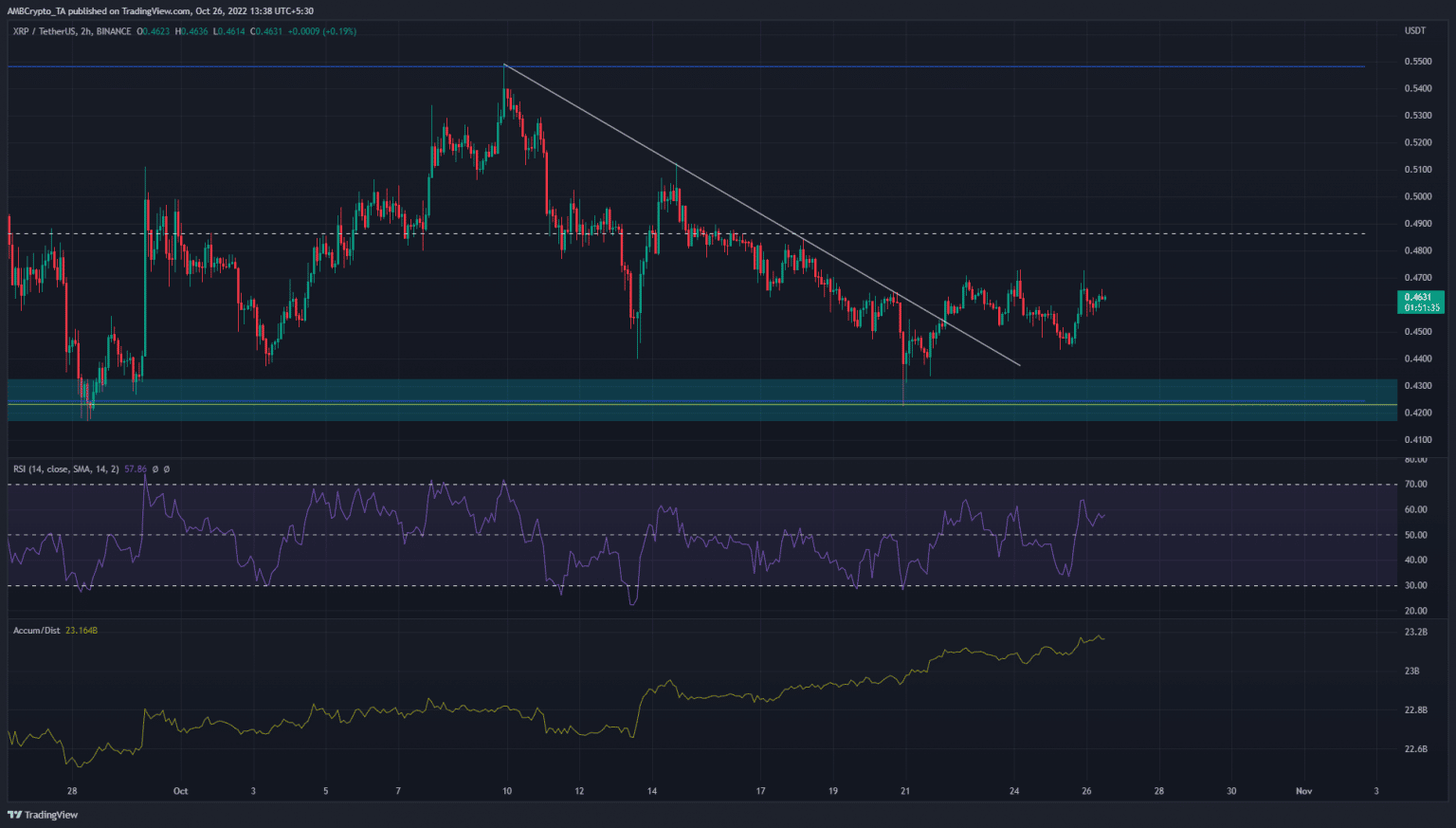The Biggest Oscars Snubs Of All Time: A Retrospective

Table of Contents
Best Picture Snubs That Still Sting
The Best Picture category is often the most hotly contested, and some of the most egregious Oscars snubs have occurred here. Let's look at some cinematic masterpieces that shockingly missed out on the top prize.
Citizen Kane (1941)
Orson Welles' groundbreaking masterpiece, Citizen Kane, is frequently cited as one of the greatest films ever made. Its innovative narrative techniques, stunning cinematography, and compelling story remain influential to this day. However, it lost the Best Picture Oscar to How Green Was My Valley.
- Reasons for the snub: The film's unconventional narrative structure, departing from the traditional Hollywood storytelling style, may have alienated some Academy voters who preferred more conventional narratives. Its thematic complexity and ambiguous ending likely also contributed to the upset.
- Impact: The snub fueled ongoing debates about the Academy's willingness to embrace cinematic innovation and its potential biases towards familiar storytelling styles. It cemented Citizen Kane's status as a film that transcended its initial lack of recognition.
- Related keywords: Orson Welles, cinematic innovation, groundbreaking films, narrative structure, American cinema.
The Godfather Part II (1974)
Francis Ford Coppola's The Godfather Part II, a cinematic achievement that expands upon the original's epic scope and complexity, surprisingly lost the Best Picture Oscar to One Flew Over the Cuckoo's Nest.
- Reasons for the snub: While both films are considered classics, One Flew Over the Cuckoo's Nest likely benefited from broader appeal and a more straightforward narrative. Some argue that the Academy favored the more readily accessible story of the latter over the complex narrative of The Godfather Part II.
- Impact: This snub highlights the subjective nature of awards voting and the potential for factors beyond pure cinematic merit to influence outcomes. It solidified the debate on whether popularity should outweigh artistic merit.
- Related keywords: Francis Ford Coppola, mafia films, cinematic masterpieces, sequel success, Academy Awards voting.
Schindler's List (1993)
Steven Spielberg's harrowing and powerful depiction of Oskar Schindler's efforts to save Jews during the Holocaust, Schindler's List, won numerous Oscars, including Best Director. However, its loss in the Best Picture category to Unforgiven sparked significant discussion.
- Reasons for the snub: The debate centered on whether voters prioritized the emotional weight and historical significance of Schindler's List or preferred the Western genre's traditional storytelling style present in Unforgiven.
- Impact: This highlights the occasional disconnect between critical acclaim and Academy votes, showcasing the diverse preferences within the Academy's membership.
- Related keywords: Steven Spielberg, Holocaust films, historical dramas, Western genre, Best Director Oscar.
Acting Snubs That Defied Belief
Beyond Best Picture, several talented actors have faced repeated Oscars snubs, defying belief given their considerable contributions to cinema.
Peter O'Toole (Multiple Nominations, No Wins)
Peter O'Toole, a legendary actor renowned for his mesmerizing performances, received eight Oscar nominations for Best Actor but never won.
- Reasons for the snub: The intense competition from other powerful performances in his nominated years likely played a role, as did the subjective nature of judging acting performances. The Academy's voting patterns and potential biases also remain a factor.
- Impact: O'Toole's story became a symbol of the Academy's occasional oversight of exceptional talent, highlighting the unpredictability of awards.
- Related keywords: legendary actors, acting nominations, Oscar history, Best Actor Oscar.
Amy Adams (Multiple Nominations, No Wins)
Similarly, Amy Adams, a critically acclaimed actress celebrated for her versatility and range, has received multiple Oscar nominations but remains without a win.
- Reasons for the snub: The exceptionally strong competition within the acting categories, shifts in popular preferences over time, and the ever-present randomness in award show voting all contribute to this enduring mystery.
- Impact: Adams' repeated nominations, without a win, underscores the fiercely competitive nature of the acting categories and the inherent unpredictability of award shows.
- Related keywords: acclaimed actresses, Oscar contenders, acting awards, Best Actress Oscar.
The Impact of Oscars Snubs on Legacy and Popular Perception
The impact of Oscars snubs extends far beyond the night of the ceremony.
- Snubs can impact a film's lasting legacy, even if the film receives widespread critical acclaim. The lack of an Oscar can, in some cases, hinder a film's popular reach and influence.
- Awards heavily influence box office success and popular reception. While not always the case, an Oscar win can significantly boost a film's visibility and profitability.
- Controversy often adds to a film's cultural significance. The enduring debate surrounding these snubs keeps the films relevant and frequently discussed decades later.
- Snubs spark discussions about the criteria for cinematic excellence and the fairness of awards systems. These discussions push the Academy to reflect upon its own processes and reassess its priorities.
Conclusion
The history of the Oscars is a tapestry woven with both triumphant moments and frustrating oversights. From the shocking Best Picture Oscars snubs suffered by Citizen Kane and The Godfather Part II to the repeated omission of legendary actors like Peter O'Toole and Amy Adams, these instances highlight the subjective and sometimes unpredictable nature of awards voting. While the Oscars remain a pivotal event in the film industry, understanding these historical snubs gives us a more nuanced appreciation for the complexities of cinematic recognition. Explore more examples of shocking Oscars snubs and share your thoughts on the biggest injustices in awards history! What are your thoughts on the most significant Oscar nominations that didn't result in wins? Let the debate continue!

Featured Posts
-
 The Us China And Greenland A Complex Geopolitical Situation
May 08, 2025
The Us China And Greenland A Complex Geopolitical Situation
May 08, 2025 -
 Predicting The Arsenal Vs Psg Semi Final A More Difficult Challenge Than Real Madrid
May 08, 2025
Predicting The Arsenal Vs Psg Semi Final A More Difficult Challenge Than Real Madrid
May 08, 2025 -
 Will Xrp Etfs Disappoint Assessing Supply Headwinds And Institutional Interest
May 08, 2025
Will Xrp Etfs Disappoint Assessing Supply Headwinds And Institutional Interest
May 08, 2025 -
 Inters Shock Win Against Bayern Champions League First Leg Recap
May 08, 2025
Inters Shock Win Against Bayern Champions League First Leg Recap
May 08, 2025 -
 Xrp Trading Volume Outpaces Solana Amidst Etf Speculation
May 08, 2025
Xrp Trading Volume Outpaces Solana Amidst Etf Speculation
May 08, 2025
Latest Posts
-
 Investing In Xrp After Its 400 Increase A Prudent Approach
May 08, 2025
Investing In Xrp After Its 400 Increase A Prudent Approach
May 08, 2025 -
 The Ripple Effect Analyzing Xrps 400 Growth And Future Potential
May 08, 2025
The Ripple Effect Analyzing Xrps 400 Growth And Future Potential
May 08, 2025 -
 After A 400 Rise Where Does Xrp Go From Here A Market Analysis
May 08, 2025
After A 400 Rise Where Does Xrp Go From Here A Market Analysis
May 08, 2025 -
 Understanding Xrps 400 Surge Future Price Prospects
May 08, 2025
Understanding Xrps 400 Surge Future Price Prospects
May 08, 2025 -
 Can Xrp Continue Its Ascent After A 400 Increase
May 08, 2025
Can Xrp Continue Its Ascent After A 400 Increase
May 08, 2025
